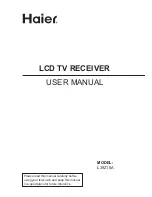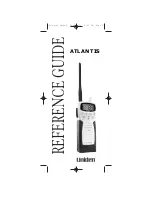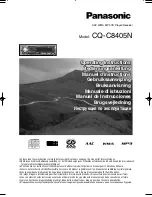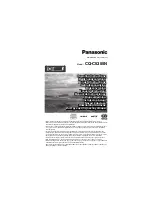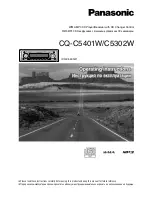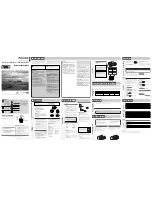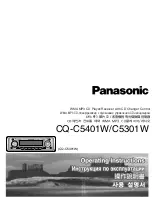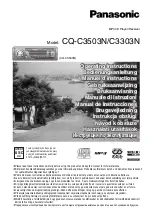
HF250 User Manual
41
Signal levels are in micro-volts PD across the 50Q aerial input.
AM and SSB sensitivity measured with 10 dB signal/noise ratio at
the receiver output. FM sensitivity measured for 12dB SINAD.
AM signal - modulated to 70% depth at 1 kHz. FM signal -
deviated by 3 kHz at 1 kHz. SSB signal - unmodulated, resolved
at 1 kHz.
Receiver Frequency
60 kHz to 2 MHz AM <1.0 typically
0.7
FM
<0.8 typically
0.6
SSB
<0.6 typically
0.3
2 MHz to 30 MHz AM <0.7 typically
0.5
FM
<0.6 typically
0.4
SSB
<0.2 typically
0.15 nV
Bandwidth (kHz) (Shape factor 6:60 dB)
2.3 at -6dB 3.4 at -60dB 5.5 at -80dB SF
1:1.5
9.8at-60dB
10.7at-80dB
12.9at-60dB
14.6at-80dB
21.5at-60dB
FM Adjacent channel selectivity
:
12.5 kHz channels 40 dB (1.5 kHz deviation)
25 kHz channels 65 dB (3.0 kHz deviation)
FM Signal capture ratio
9 dB
Dynamic range Reciprocal mixing effects :
(2.2 kHz filter)
80 dB at 5 kHz from wanted signal.
90 dB at 10 kHz from wanted signal.
105 dB at » 100 kHz from wanted signal.
Intermodulation effects
:
(2.2 kHz filter)At 10 kHz signal separation, 3rd
order intercept point » +4 dBm
Intermodulation-free dynamic range » 90 dB
At >50 kHz signal separation, 3rd order
intercept point » +13 dBm
Intermodulation-free dynamic range » 96 dB
Spurious
responses
Images :
Fixed responses :
Frequency stability
(Typical performance
only - not guaranteed spec) At a constant 20 Deg C Drift 10~Hz
in one hour, Frequency error <
+-
50 Hz.
SSB carrier point attenuation (2.2 kHz filter) 20 dB.
CW mode filter position : (ref carrier frequency)
-6dB points at -0.8 kHz and +1.35 kHz Resolved
audio 800 Hz at carrier frequency. 200 Hz audio
filter centered on 800 Hz, Bandwidth 170 Hz at
-6dB, 850 Hz at -20dB.
AGC characteristics
Input signal level
(AM mode) -11
dB
Audio output level
(SSB mode)
-21 dB (noise only)
Selectivity
I F Filter
2.2 kHz
4 kHz
7 kHz
5.9at-6dB SF
1:1.7
8.8at-6dB SF
1:1.5
10.5at-6dB
SF 1:2
10 kHz
75 dB rejection
90 dB rejection
85 dB rejection
100 dB rejection
75 dB rejection
At +90 MHz
At+910 kHz
At 45 MHz
At 455 kHz
At 22.5 MHz
No signal






















